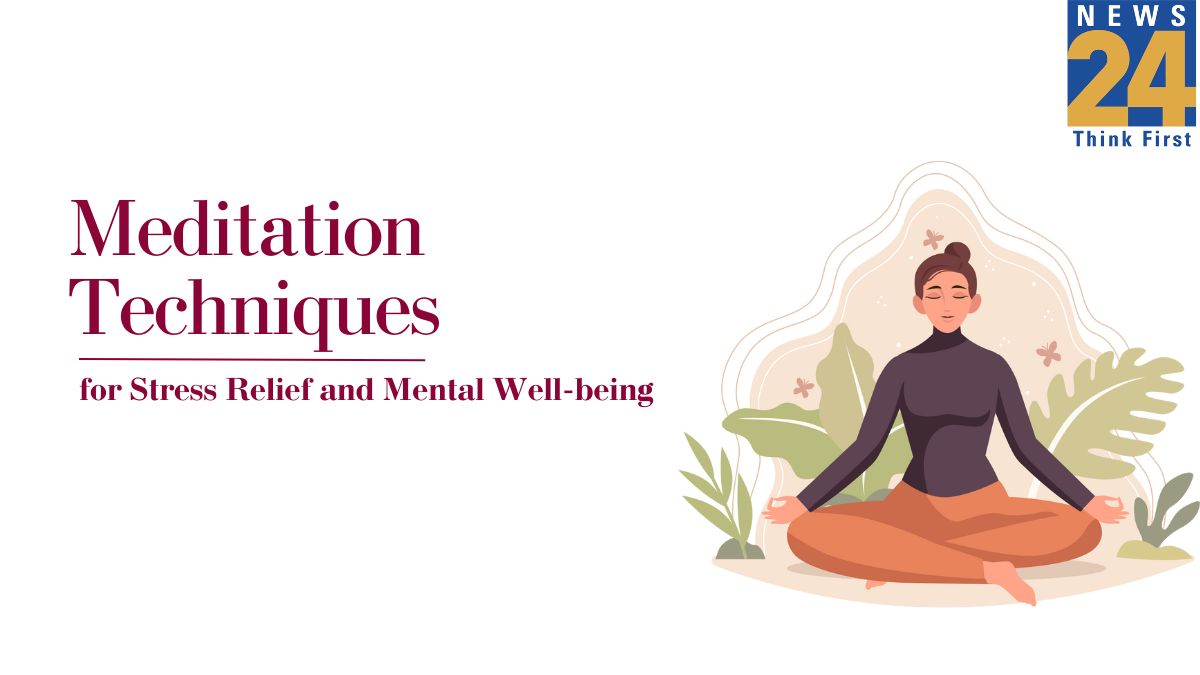Meditation is an age-old practice that dates back to thousands of years. Yet it is still very much existent even today because of the numerous benefits that it extends in the form of mental health and overall well being. It is a practice that centres on clearing the fogged mind and unclogging it using physical and mental techniques. Despite being a long-standing practice in various parts across the world and in various forms, it has gained prevalence only recently. Why?
Life is totally chaotic where stress has gained permanence and responsibilities piled high on everyone, the need for stress relief is immense. Meditation is that path to achieve peace and tranquility and therefore it becomes a ray of hope for everyone. It offers solace for the troubled mind and the much-needed relief for the stirred up soul. And herein lies the importance of meditation in today’s life.
Is Meditation A Religious Practice?
The answer will be both yes and no. It is true that its foundations and roots lie deeply embedded in various religions and ancient philosophies worldwide, yet even a non-religious person can engage in it. The beauty of it is that it is open to any and everyone who wishes to embrace it. So keep all confusions regarding meditation at bay and start on it to gain inner peace of mind.
Also watch Vipassana Is One Of India’s Most Ancient Techniques Of Meditation
Types of Meditation
Meditation is of various types as Concentrative meditation, Mindfulness meditation, Body-scan meditation, Breathing meditation, Loving-kindness meditation, Mantra meditation, Movement meditation, and Object focus meditation. However, the two most common types are concentrative meditation and mindfulness meditation.
Meditation Techniques
The meditation described in ancient texts is mainly associated with yoga which is also an age-old practice. As per these texts meditation involves postures or asanas, breathing techniques or pranayam, the one-pointed concentration of mind or dharana, ethical discipline or yamas, rules or niyamas, meditation or dhyana, and salvation or samadhi. As a beginner, here are some very helpful and common meditation techniques that can be followed.
Breathing Meditation
In this form of meditation, it is simply required to focus on breathing. It is a conscious form of breathing that helps in calming the mind, freeing it of stress and irritability ensuring clarity of thought.
Vipassana Meditation
This is also known as body scan meditation. It focuses on various parts of the body. It helps to gain a deep insight into the reality of existence, clarity of thought and helps with better emotional and physical connection.
Mantra Meditation
In this form of meditation slokas or mantras are chanted repeatedly in a sitting position. These words carry deep meanings and become a subconscious part of the soul. They help the person to a state of deep relaxation, it aids in discovering and developing a deep spiritual strength with every honesty and integrity. As mantras are difficult to pronounce, for beginners they can begin with ‘OM’ or ‘hum’.
Impacts of Meditation
Meditation is said to have both psychological and physiological effects on the body. The physiological effects include abstinence from physicality, lowered respiration & heart rates, minimum stress and change in brain wave patterns. The psychological effects are immense. It includes stress, anxiety and depression management, mindfulness and higher attention span, improved emotional well-being, better memory & immunity, relief from headaches and empathy for self and others.
Perfect meditation is not something that happens in a day. It takes time to perfect and master, but once done it is capable of releasing numerous benefits that are long-term. Trying out different forms of meditation may give better results, however, it is best to remember that there is no right and wrong in meditation as long as its goals are achieved.
Also read Unlocking The Power Of Mindfulness: From Stress Reduction To Improved Well-Being













